Community sensitization on Eye Health
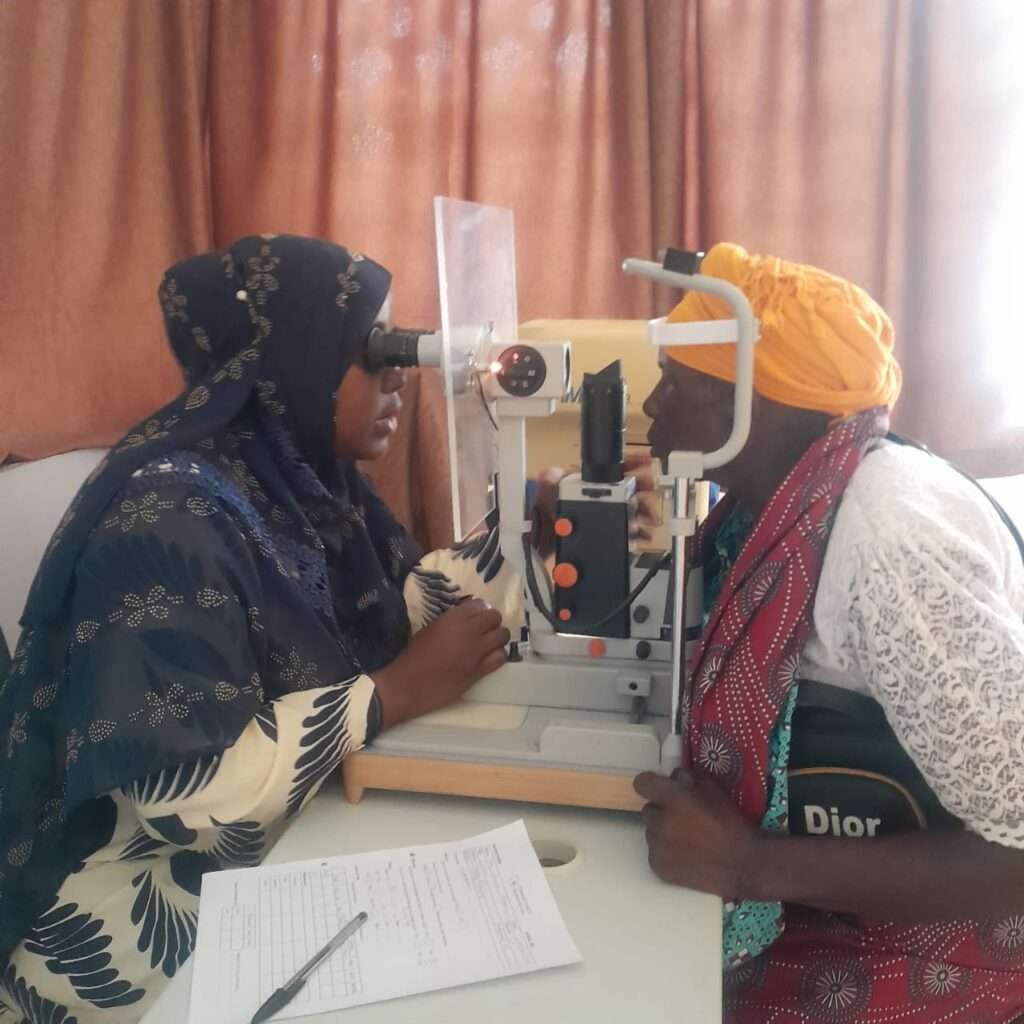
Eye Health Program
CHPF appreciates the fact that Eye health is important because eyes are essential for interacting with the world around us, allowing us to see and perform daily activities.
The eye health program focuses on proving basic eye care services that is Free eye screening, free medicine to common eye problems, affordable glasses and referral services to our partner facilities for the cases we cannot manage at community level and at our eye clinic at North Coast Medical College (NCMT). We also give health education to the communities and school going children to create awareness and sensitive on common eye conditions and refractive errors. We have an estimated population of 240000 thousand inhabitants and among those there is an estimate of:
- Between 720- and 1,690-blind people;
- 5,000 – 6,000 people with severe visual impairment majorly due to uncorrected refractive error;
- 1,200 children with uncorrected refraction errors and 550 with amblyopia
- 1,600 people over 50 years with glaucoma
- 1,600 people per year developing significant visual impairment due to cataract
Eye diseases are common and can go unnoticed for a long time. Some eye problems don’t have any symptoms in their early stages. A comprehensive dilated eye exam by an eye doctor can find eye diseases in the early stages. This is when treatment to prevent vision loss is most effective.
our main goals
The project aims at: offering free eye health services to the community, creating awareness and sensitization on eye health matters , offer glasses at an affordable referrals on eye health patients with cases we cant manage at our facility to respective partners.
Area of intervention
Basic free eye screenings to the all community and schools
2. Free eye drops to common eye conditions
3. Free ophthalmic clinic on Wednesdays at the college
4. Prescription glasses and sun glasses at an affordable price
5. Referral services to other clinics for treatment and management of other medical conditions
6. Free cataract surgeries with our partner facilities/organizations
Our eye clinic
At our eye clinic, we conduct slit lamp examinations for all patients to check the back of the eye. This test is important especially for people with diabetes and hypertension, as these conditions can lead to vision problems.
Our ophthalmologist and ophthalmic nurse diagnose and treat common eye conditions such as allergies and infections by prescribing the necessary medications. For more serious cases that require specialized care, they provide referrals to appropriate healthcare facilities.
Our eye clinic runs every Wednesday at our NCMTC unit, ensuring regular access to eye care services for the community.
Some of the challenges that we are currently facing at the clinic are:
1. Inadequate funds to purchase some of the equipment like tonometer, autorefractor and glasses
2. Partners who can assist us whether with funds, glasses or even equipment donations to help
reach deep into the community and provide eye services.
3. Volunteers who are ready to give back their skills/ expertise to help our community leave a
better life with better sight.
Eye Health Awareness And Sensitization
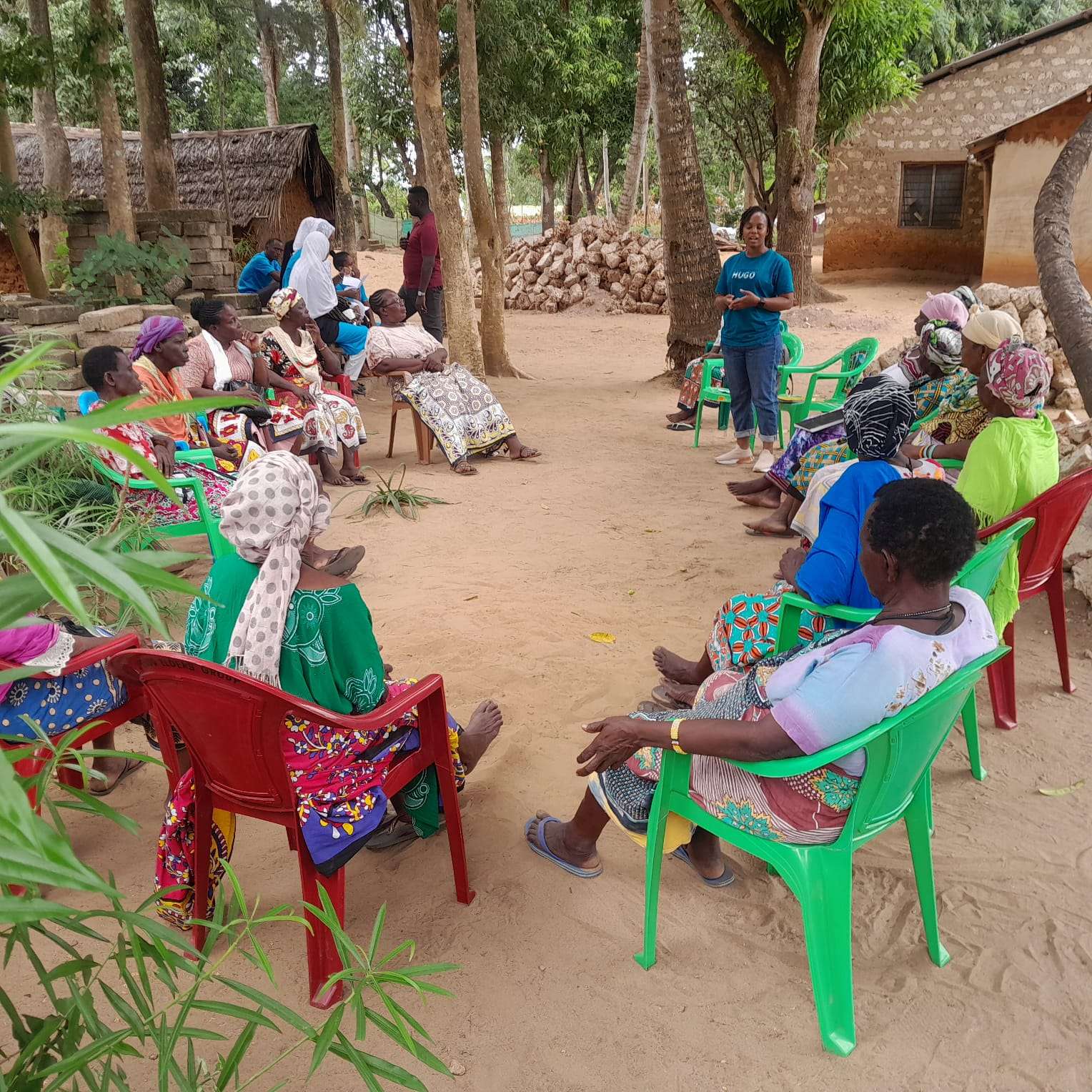
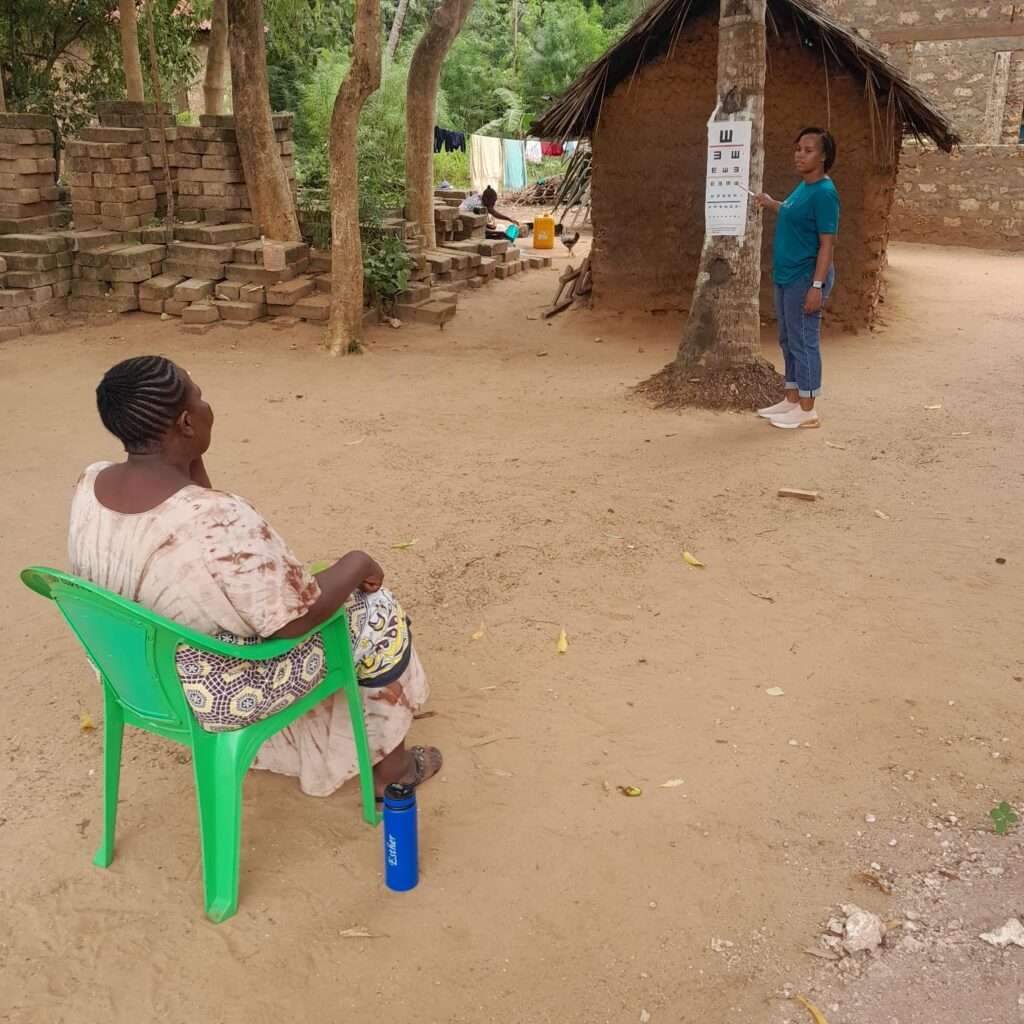
CHPF is working tirelessly for the good of the community within our catchment areas. Eye health sensitization and awareness activity is and continues to be a primary concern with us . We do conduct the activity at the community to keep it informed. We provide group health talks for people and educate them about common eye problems and how to prevent them. They also receive information about early signs of complications that affect their sight. This helps community members understand the risks of these conditions and encourages them to follow their medication plans to prevent complications.
We as well have our eye clinic where we conduct slit lamp examinations for all patients to check the back of the eye.
Our eye clinic runs every Wednesday at our NCMTC unit, ensuring regular access to eye care services for the community.
The pictures herein indicates the activity at Bodoi Catchment area.
Eye Health Sensitization and Training
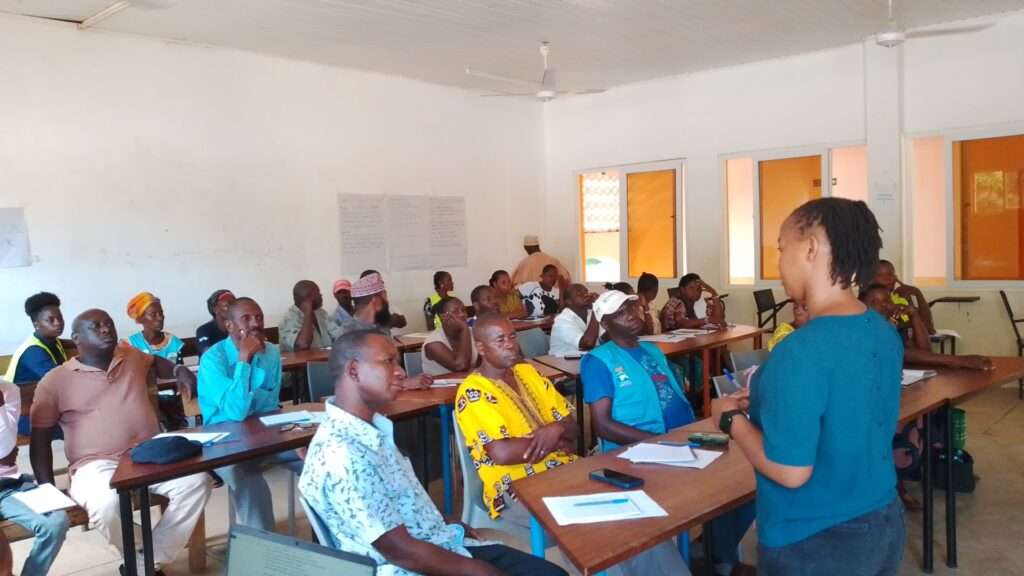
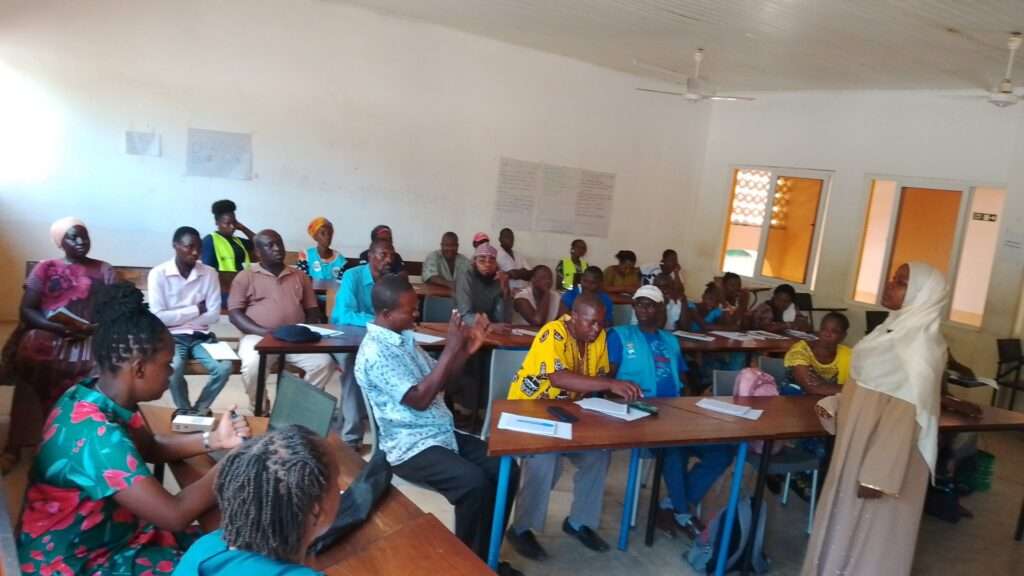
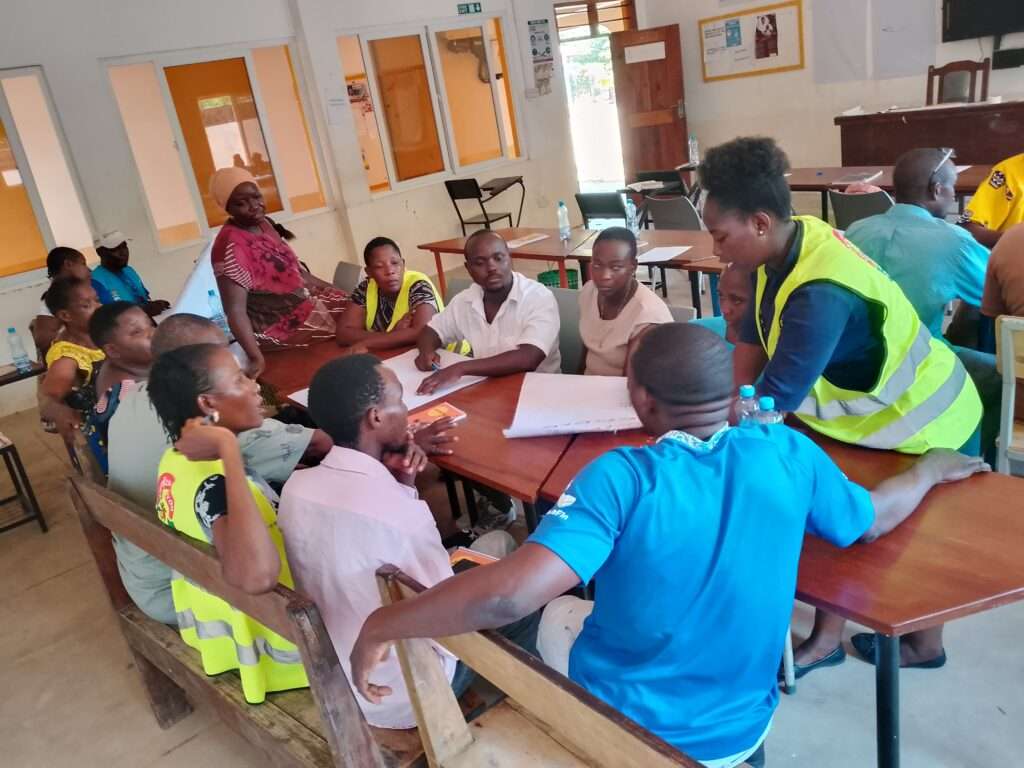
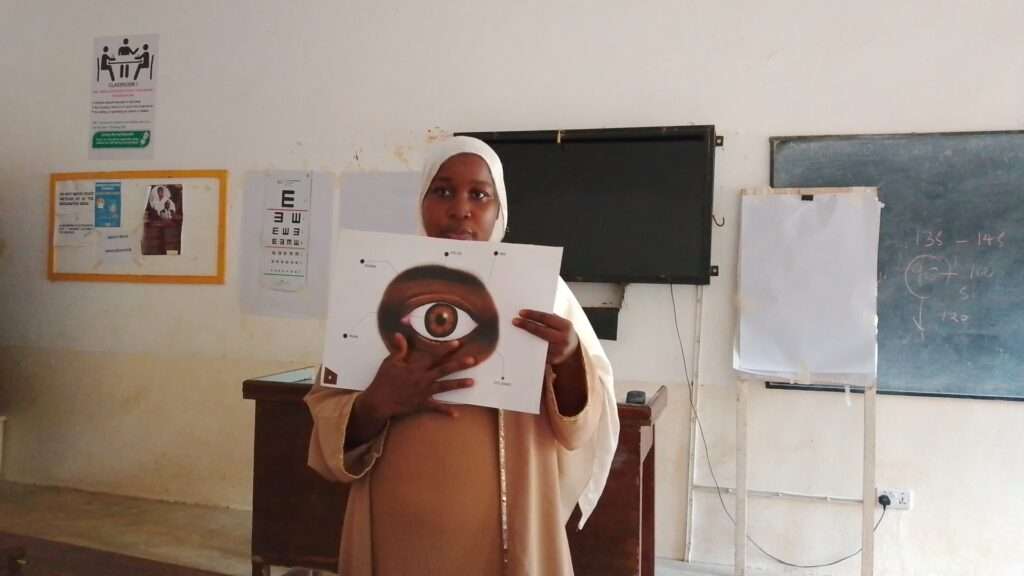
The eye is a vital organ, and taking care of it is essential for maintaining overall health. By recognizing this, Community Health Promotion Fund (CHPF) in collaboration with North Coast Medical Training College (NCMTC), organized a special sensitization and training event on Friday, March 14, 2025. The goal of this day was to raise awareness and educate the community about eye health, ensuring that people understand the importance of caring for their eyes.
The training was led by ophthalmic nurse Riziki Dzombo and Esther Phillip, the Eye Health Department Coordinator and optician. They shared their knowledge with community leaders, equipping them with valuable information to pass on to the wider public. These leaders will play a crucial role in spreading awareness and helping people take better care of their vision.
The importance of eye health education cannot be overstated. It plays a significant role in preventing blindness and vision impairment. By educating people, we can promote early detection of eye conditions and encourage healthy behaviors that protect vision throughout life.
Prevention and Early Detection:
Through education, individuals learn about common eye conditions, their risk factors, and the importance of regular eye exams. Early detection can lead to interventions that prevent vision loss or lessen the severity of eye issues.
Promoting Healthy Habits:
Learning about proper nutrition, wearing sunglasses, and taking breaks from screen time can significantly benefit eye health. Eye health education empowers people to adopt these habits, which can support long-term vision wellness.
Bridging Knowledge Gaps:
Many people aren’t aware of the signs of eye problems or the importance of eye care. Educating the public helps fill these gaps, leading to better outcomes for eye health and an improved quality of life.
Improving Compliance:
When individuals understand the importance of following eye care recommendations and treatment plans, they are more likely to adhere to these guidelines. This can result in better eye health management and outcomes.
Focusing on Vulnerable Groups:
Certain populations, such as children, those with chronic diseases like diabetes, and individuals in low-income areas with limited access to healthcare, are particularly vulnerable. Eye health education is crucial for these groups, helping to prevent complications and ensuring they receive the care they need.
Integration with Other Health Programs:
Eye health education can be woven into broader health initiatives, such as school health programs, maternal and child health, and diabetes management. This integrated approach ensures that eye care becomes a part of a comprehensive health strategy.
Impact on Education and Productivity:
Good vision is not just about physical health—it’s also essential for learning, working, and engaging in social activities. When people have optimal vision, it positively impacts their overall well-being and productivity.
By promoting eye health education, the CHPF and NCMTC are helping to create a healthier community with better vision and improved quality of life. The hope is that this knowledge will be passed on through community leaders and eventually benefit everyone in the region.
